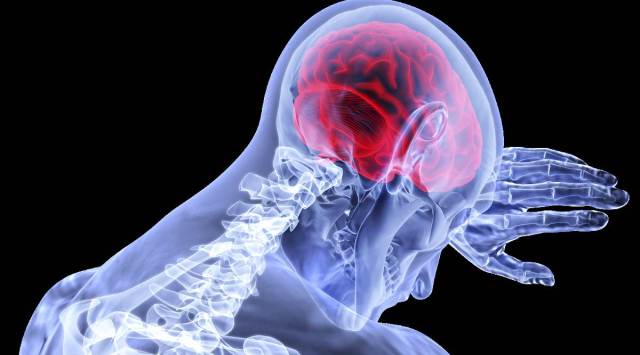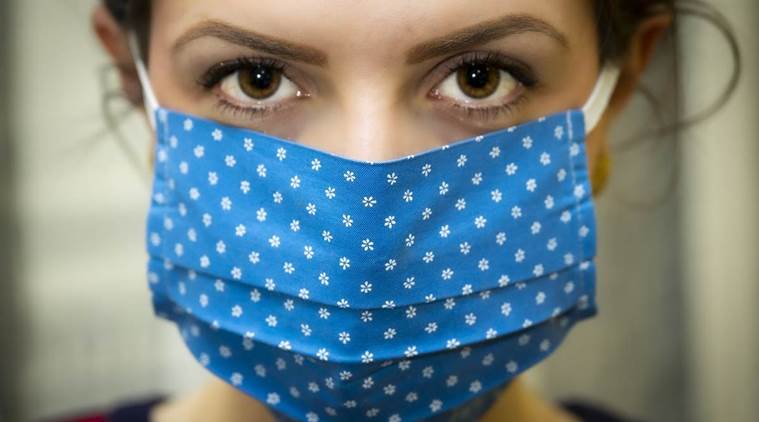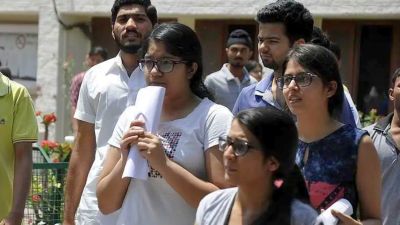- India
- International
Covid-19 and blood clots: All you need to know
Clotting of blood is useful in an injury. But when the blood clots inside a blood vessel without injury, it can cause life-threatening complications
 Coronavirus and blood clots-The virus damages the endothelial cells which causes an increase in body's clotting mechanism. ( (Source: Getty Images/ Thinkstock)
Coronavirus and blood clots-The virus damages the endothelial cells which causes an increase in body's clotting mechanism. ( (Source: Getty Images/ Thinkstock)The world is battling coronavirus at the moment, which is known to affect different people in different ways. “Along with fever and lung fibrosis, even blood clotting may be seen in some patients,” said Dr Chetan Bhambure, consultant interventional cardiologist, Wockhardt Hospital, Mira Road.
Everything you need to know about blood clotting
Clotting of blood is useful in an injury. But if it clots inside a blood vessel without injury, it can cause life-threatening complications. The virus invades and damages endothelial cells, triggering the body’s clotting mechanism. The damage to the tissues around them due to viral infection or the body’s immune response causes increased clotting. An increase in inflammatory molecules that our immune system produces in response to viral infection can activate clotting. Various studies have suggested that the platelets of people hospitalised with COVID-19 were found to be hyperactive, having increased activation and aggregation (clumping), he explained.
Who is at a higher risk of developing blood clots?
Some people are at higher risk for developing clots. “These include hospitalised patients, patients with high blood levels of d-dimer (a marker for clotting), and comorbidities like heart disease, diabetes, and obesity. Thus, these patients need to be extra cautious if they contract the covid infection,” expressed Dr Bhambure.
 Here’s what to keep in mind about blood clots and COVID 19. (Photo: Pixabay)
Here’s what to keep in mind about blood clots and COVID 19. (Photo: Pixabay)
Clotting can cause several complications like a heart attack if an artery of the heart gets blocked; stroke wherein an artery of the brain is blocked causing paralysis; pulmonary embolism wherein an artery in the lungs gets blocked causing a sudden drop in blood pressure and blood oxygen levels; limb ischemia which is a clot in the artery of legs; mesenteric ischemia that is a clot in the arteries supplying blood to the intestines; deep vein thrombosis wherein blood clots in the veins of the legs can result in pulmonary embolism; and cerebral venous sinus thrombosis which is clots in the veins of the brain.
What is the treatment?

The treatment: The patients who at high risk of developing clots are treated with a blood thinner or an anticoagulant which will prevent clots formation. Even injections and medication as prescribed by the doctor will be given to these patients, said Dr Bhambure.
How to prevent blood clots?
The risk of blood clotting can be reduced by staying active. Exercise regularly and avoid sitting for long hours.
Losing excess weight can help to reduce the risk of blood clotting in obese people. Stop smoking. Smoking damages the lungs and can increase the chances of blood clotting. “Certain medicines like oral contraceptives, hormone replacement therapy, and certain cancer drugs can increase the risk of clotting. Hence, this needs to be discussed with the treating doctor,” remarked Dr Bhambure.
Takeaway: The best way to help prevent COVID-19-related blood clots is by taking steps to avoid getting infected. The most effective way to avoid this highly contagious virus is to practice physical distancing, wash hands frequently, wear a face mask properly, and avoid touching the nose, mouth, and eyes with unwashed hands.
For more lifestyle news, follow us: Twitter: lifestyle_ie | Facebook: IE Lifestyle | Instagram: ie_lifestyle
May 05: Latest News
- 01
- 02
- 03
- 04
- 05
























